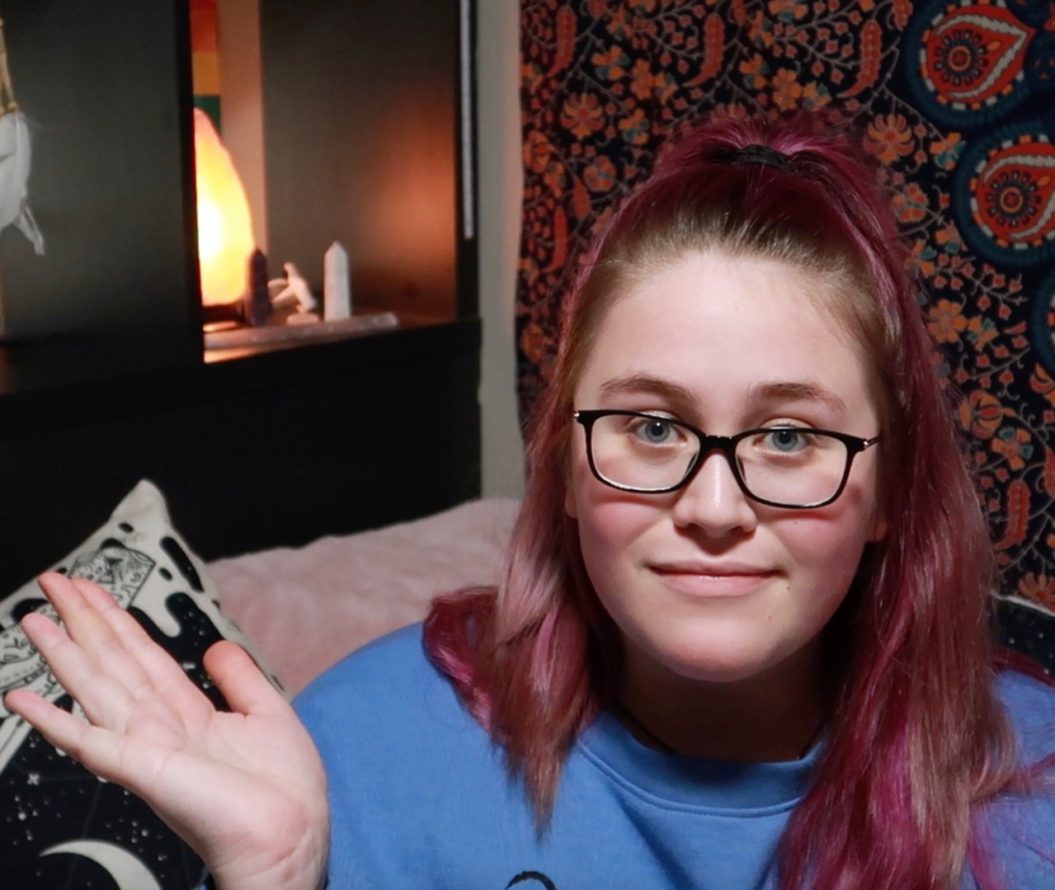Hi! I'm Tash, a third year English student and (very very very) amateur photographer, who is liable to accidentally dye my light clothes (or friends, or seats, or walls) blue with my hair whenever it rains :)

Getting used to working with academic sources, writing, studies and critical works, can be one of the more stressful or confusing parts of university work. Particularly when you’re starting out at university and may not have engaged with these kinds of works before, finding helpful and relevant texts can be tough, and these books can be dense and hard to make sense of at first glance.
So, ready for heading back to university in September, here are some tips for approaching academic reading to help get you out of a slump. This should help whether you’re working on your first university level essay or prepping for your dissertation!
Finding sources
There are loads of different places to look for different texts that you can use. The library and the library website are great resources! You can check out books physically or find the online versions, as well as accessing subject-specific online journal and publication databases. Similarly, online tools like Google Scholar can help you, especially if you only have a handful of key words to start from, or if you’re researching a more niche subject due to its wide breadth. Your university tutors, lecturers and subject librarians can also be a huge help in pointing you in the right direction, or suggesting some supportive secondary reading. One of the best ways to make academic reading easier is looking as widely as you can; the more you look the more you’ll find, and you’re more likely to find something that works best for what you’re trying to research.
Styles of reading
Different ways of reading will work best depending on what kind of text you’re going over and what you want to use it for. Skim reading is really quick and gives you an overview of the text! So, if you’re using a text to go over a particular theory or topic you want to refresh in your mind or want to use choice quotes from, this reading style would work well. However, if you’re reading over a source that is a key part of your writing, reading more closely and critically may be more helpful! Once you know how exactly you want to use a text, it becomes a lot easier to decide how you want to engage with it, and then you can focus yourself on the texts that are the most helpful!
Academic reading doesn’t always have to be reading
Using academic journals, published studies or books can be great, but varying your sources can help you, especially if you’re someone who struggles with a lot of reading back to back, or you learn best through a different medium. Documentaries, films, TV series, podcasts and any other non-written media are all great academic resources to use in your research, and they also often reference or quote from other sources, so they can help you find other sources you might have otherwise missed.
When it comes to reading for your degree, it can be easy to get lost looking for sources or feel like you’re losing time not knowing what to focus on, but these feelings are just as easy to fix. Drawing from as wide a range of sources and media as you can, tailoring how you go about your reading depending on what your goal is, and taking advantage of the resources and help available through the university, can help draw you out of your reading ruts and make your research as helpful and effective as possible!
This article is featured on Learning at Lincoln.
Please note: This content was created prior to Coronavirus, and some things might be different due to current laws and restrictions. Please refer to the University of Lincoln for the latest information.



